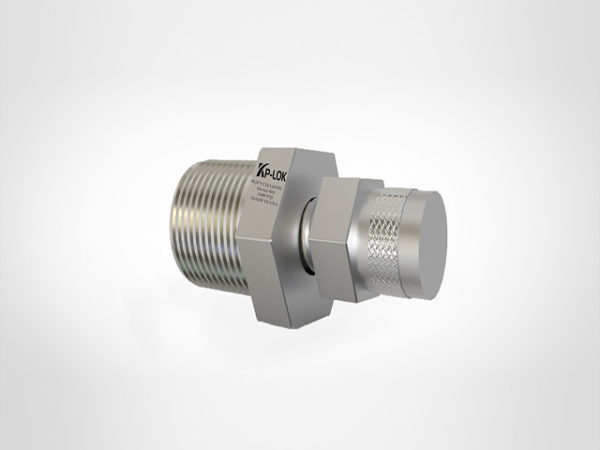Different Materials Of A Ball Valve
Valves are small devices that are very common in most households and
industries that deal with the moving or transporting media in a piping system
or in an engine. Generally, these devices might be small, but they are very
important components of a piping system. They are used to regulate, control or
direct the flow of materials such as liquids, gas or slurries (liquids with suspended
solids), in a piping system. Sometimes, the proper functioning of a system
depends on the condition of the valve. If a valve gets damaged or faulty, it
can lead to several performance problems.
Valves are versatile devices that can serve https://www.kp-lok.com/product/purge-valves/ many purposes, however,
some purposes require different types of valves with different configurations. There
are many types and models of a valve, each with its own unique functionality
and features. One of the most common and widely used type of valve is the Ball
Valve.
A ball valve is a type of quarter-turn valve that uses a ball to
regulate the flow of materials in a system. The ball has a big hole drilled
through its center that it uses to control the flow of material in a piping
system. Ball valves are very strong, easy to repair, versatile and are less
prone to leaks, which makes them perfect for shutoff and control applications.
Ball valves are also very effective in applications
involving high temperature and pressure as they can withstand temperatures up to
4000C and pressures up to 1000bar, depending on the design and the
material it is made with.
Just like valves generally, ball valves can be made with a host of
materials, with the most common ones being:
PVC
Polyvinyl chloride (popularly called PVC) is a form of plastic that
is most commonly used for making ball valve. Ball valves made of PVC do not
rust or corrode easily, they do not block or leak easily, and they are
resistant to water, chemicals, even acids. They are easier to install and
repair which makes them suitable for applications where there would be need to
change valves frequently.
Steel
Steel is a very hard metal, which makes ball valves made from steel
very strong and durable. Steel ball valves will withstand higher temperature
and pressure than most other materials and can resist leaks better over time. These
valves are suitable for most applications ranging from industrial use to food
and beverage production.
Brass or Bronze
Brass and Bronze are both alloys of copper and are both stronger and
more resistant to corrosion than plastic. Ball valves made from brass or bronze
are fairly more resistant to higher temperature and pressure than plastics, but
are not suitable for high temperature or pressure application. Also, these ball
valves contain lead – although in a minimal amount – and are not suitable for
food production processes due to concerns about lead poisoning.
Conclusion
Ball valves can be made from a lot of different materials, which
means there’s a variety of options available when choosing a ball valve. Each
of these materials have their own unique features which makes them suitable for
particular applications. However, these materials also have their limitations
and you should get familiar with them before choosing a ball valve.
